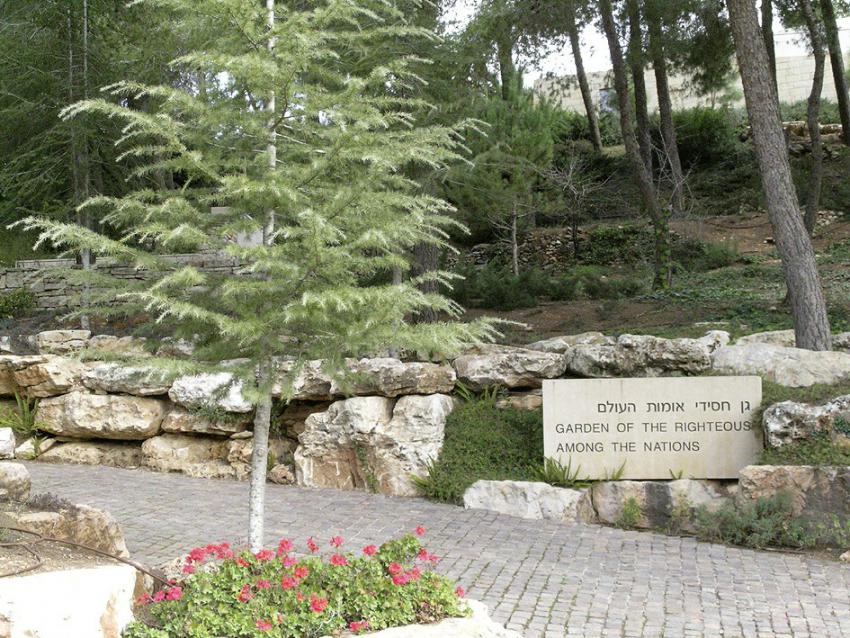Following the invasion of Kharkov, Ukraine, in 1941, the Germans concentrated the Jewish population in an area surrounding a tractor factory. The people were housed in old huts, and were given neither food nor water, forcing them to eat snow. The Germans then announced that they would be transporting all the children to another town, while in reality they killed them en route. Yelisaveta Dvorkina (whose husband had been eliminated by the Soviets in 1937) foreseeing what would befall the children, bribed the compound guards with jewellery to allow her children to escape. Yelisaveta's daughter Ludmilla (Lusia) managed somehow to reach her former home. A group of Chinese were living there, and one of them, Jun Shun Pan took care of her. Jun Shun Pan, born in 1889, came to Russia from China in 1916 to find work, and then could not return home due to the revolution. He lived in Moscow, married and had two sons. In 1936 he moved to Kharkov, where his wife died, and his sons were drafted, never to return from the front. Bereft and alone, he decided to take Ludmilla under his care.
He was assisted by Alexandra and Mitrofan Babaev and Nadezhda Popelniuk (all recognised as Righteous) to hide the child. They all took care of her from January 1942 until the liberation of Kharkov on August 23, 1943.
After the liberation, Jun Shun Pan continued to care for Ludmilla, including her education. She married Roman Itzkowitz Luria.
Jun Shun Pan passed away in 1974. On January 19, 1995, Yad Vashem recognized Jun Shun Pan as Righteous Among the Nations. He was the first Chinese person to be awarded the title of Righteous Among the Nations.

